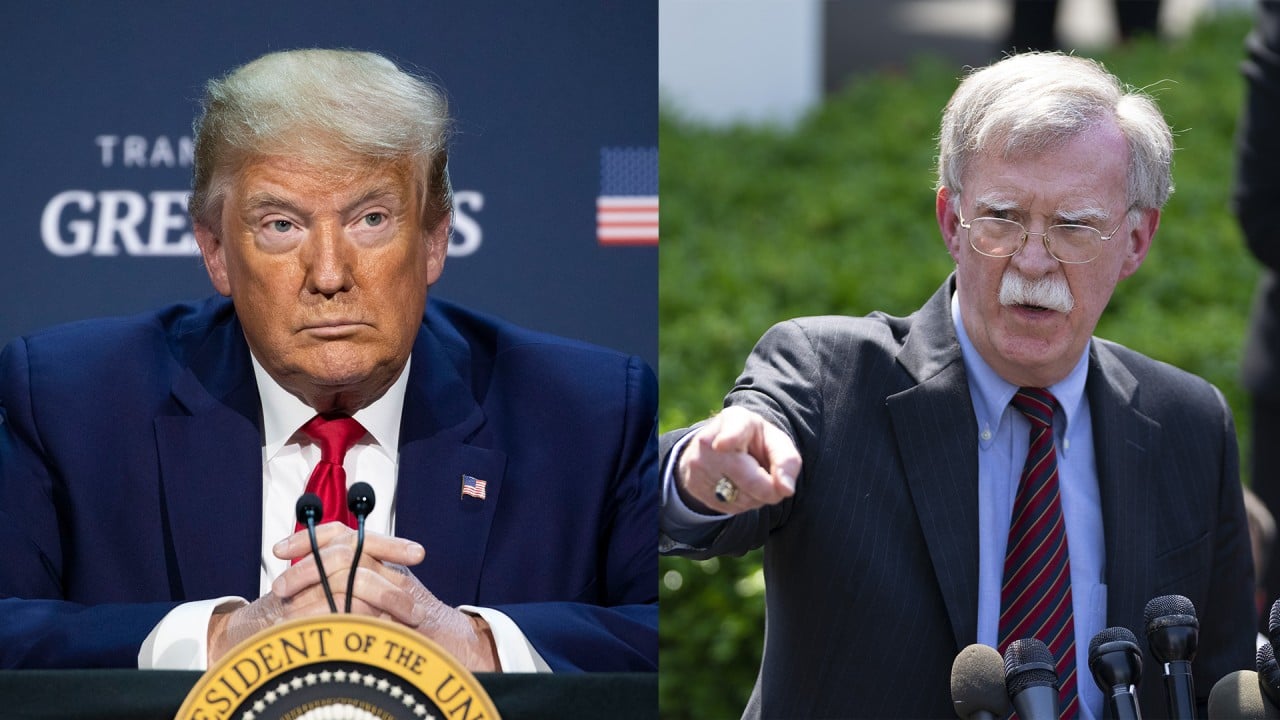
Trump’s student visa rules have been rescinded, but the damage is done
- Cultural exchange has long been a core element of US diplomacy, and the business of educating the world is big business
- The ill-conceived policy ploy to deport students, though reversed, still puts a serious dent in the US’ reputation as a desirable place to study
But there was considerable pushback from universities across the country, and on Tuesday it was announced that the ill-conceived policy ploy had been rescinded.
But the Trump administration’s attempted move still created a great deal of anxiety and insecurity for students from abroad, whether they are already in the country or poised to arrive. Furthermore, this move, although rescinded under pressure, puts another serious dent in the US reputation as a desirable place to study.
The abortive threat of deportation was not an isolated act but part of a pattern. The Trump administration has been insulting, stigmatising and penalising foreigners for almost four years now.
These murky and malevolent nationalist currents still threaten to upend international education as we know it.
Is China the ‘greatest threat’ to the United States?
The pandemic has already caused schools around the globe to shutter. Classrooms are empty while teachers scramble to provide online pedagogy and find new ways to pass the torch of knowledge. Meanwhile, sports, music, club activities, mingling and all the fun stuff have been cancelled.
As if all this isn’t traumatic enough, highly placed politicians are openly intolerant, such as Secretary of State Mike Pompeo and senators Tom Cotton and Marco Rubio. They join White House advisers Peter Navarro and Stephen Miller in seeking to exploit the fear and stress of the pandemic to promote nativist agendas.
The US hosts more than a million students from around the world, with 370,000 students from China.
When the Trump White House singled out international students who have studied hard, trained long and travelled far for gratuitous deportation, it was a slap in the face of a new generation.
Biden, not Trump, is the US president the world economy needs now
A soft power “own goal” and economic fallout are dire enough, but resentment, once unleashed, is hard to contain. The Trump administration’s gleeful intolerance sows division and further rattles the world.

01:34
Trump ‘pleaded’ for China to help him get re-elected, writes former US adviser Bolton in new book
There’s even a domestic angle. The now-rescinded directive put pressure on school leaders to open quickly against their better judgment, in keeping with Trump’s political calculation that lockdowns will cost him re-election. Whatever the twisted logic, it is Machiavellian and mean-spirited.
This hardening of national chauvinism on both sides of the Pacific will have long-lasting effects. Newsweek has reported that such racism has the unintended effect of making knee-jerk patriots of young foreigners who otherwise came to the US with an open mind.
What’s more, to cast aspersions (and insinuations of espionage) on hundreds of thousands of ordinary students is to betray the American legal tenet that someone is innocent until proven guilty.
Students, professors and college communities want more than anyone for campus life to go back to normal. Sadly, these are not normal times.
Philip J. Cunningham is the author of Tiananmen Moon, a first-hand account of the 1989 Beijing student protests

